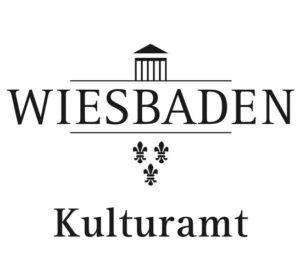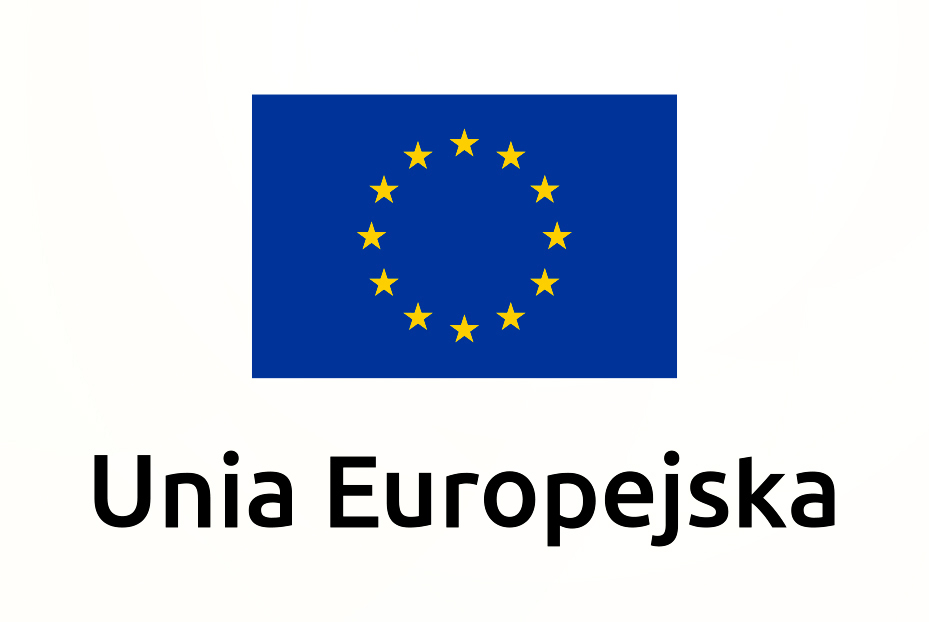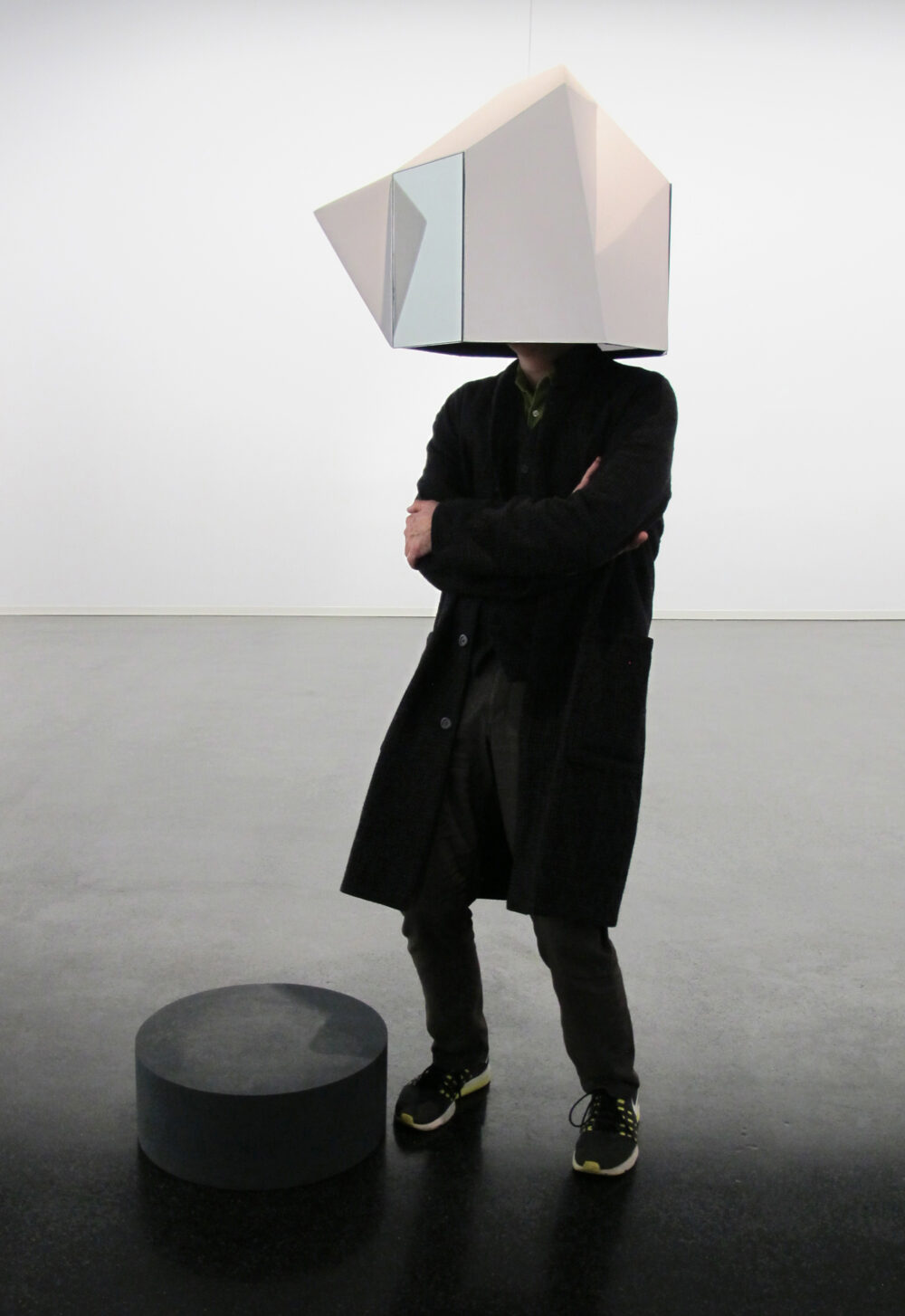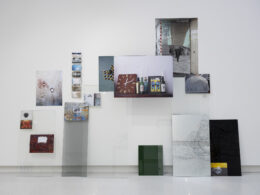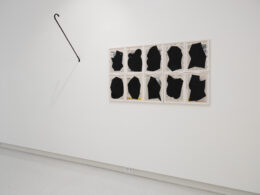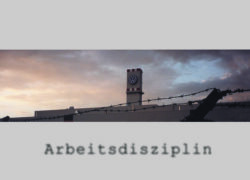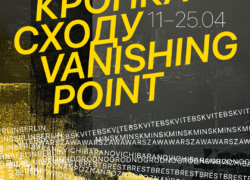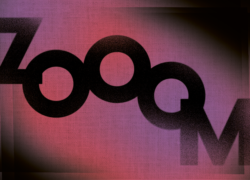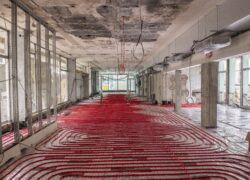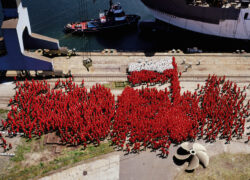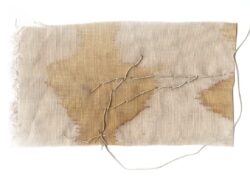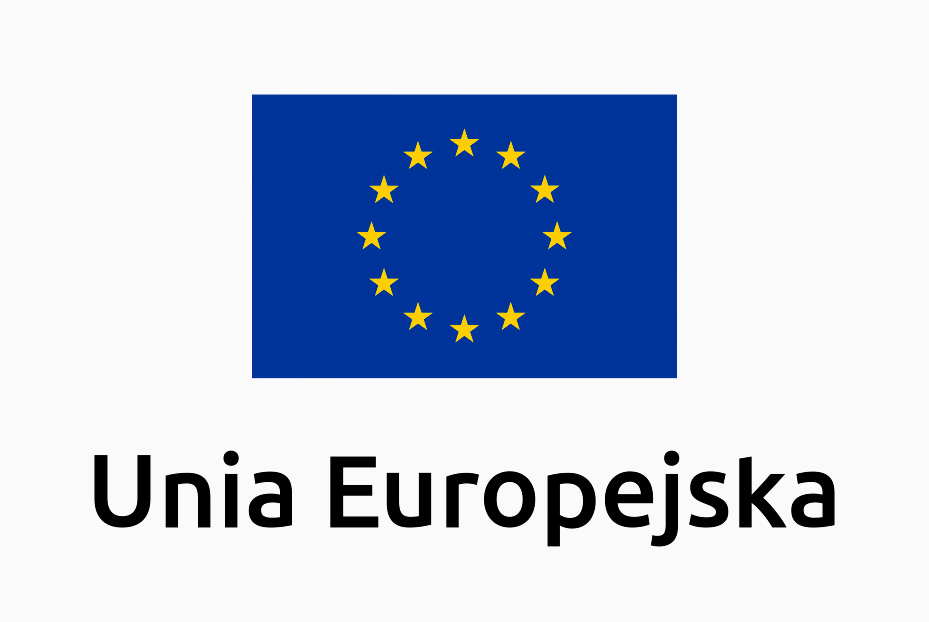Deconstruction of Meanings
Sofi Żezmer in an interview with Bogna Błażewicz before the exhibition Extreme Normal
Bogna Błażewicz: Normality is naturally associated with moderation and adjustment to some adopted and accepted framework. It might even be somewhat boring and overly cautious. So, what is the extreme normal?
Sofi Żezmer: The extreme normal is a set of circumstances and systemic standards we have gotten used to and which inform our understanding of what is commonly accepted as “normal”. But in fact, what is considered as “normal” often extremely shatters the boundaries of what benefits humans and the entire ecosystem we live in. Sometimes, a shift ad absurdum of the parameters of what we call “normal” reveals its “extreme” character. Much as it is practised, for example, in comedy shows that both entertain and reveal serious subtexts and comment on everyday life. It is not normal that human rights are grossly violated in the 21st century; it is not normal that the gap between poverty and wealth has been growing exponentially; it is not normal that our economy is based on infinite growth in a physically limited world.
BB: A few years ago you said that for you, “art is a way of manifesting and communicating fleeting, irrational, paradoxical insights and philosophical ideas”. Can you elaborate on it?
SŻ: This was in response to a South American magazine asking me to define the concept of art in fifteen words! I see art as set in life, in the everyday, in reference to a specific socio-historical context. At the same time, this concept eludes all frameworks. It is potentially everything and something in between, a sort of crevice between life and reflection on it in all its manifestations. It is a space for the creation of meaning in physical, experiential form. It is a space for communicating all that is not filled with conventional, utilitarian meaning, or precisely for transforming the conventional and liberating it from its explicitness.
BB: Writing about you in Orońsko Sculpture Quarterly, Dorota Monkiewicz called your installations rebuses. Is this the proper key for reading the art of Sofi Żezmer?
SŻ: My works often set in motion multiple associations that lead in contradictory directions of thought. Similarly, I often integrate words and phrases in installations, collages or photographs that have specific as well as abstract or absurd meanings and interact with other elements of the works on equal terms. This is supposedly also the case with rebuses, so this is an appropriate term, although I don’t think about rebuses directly and my works do not have a right solution or a single, correct way of reading. Essential is the simultaneity of potential meanings and the deconstruction of accepted habits of thought and perception.
BB: To what issue or problem would you like to draw the attention of the audience during your exhibition at the Municipal Gallery Arsenał?
SŻ: Accepting the status quo, or the “extreme normal”, is often linked to a deliberate renunciation of the unlimited creative potential of one’s own imagination and the alchemy of one’s thoughts. Social anthropologist Arjun Appadurai notes that an act of human imagination is not merely an ephemeral and irrational departure from reality, but rather a social fact[1]. One might even venture to say that in reality, a society operates within the “normal” thanks to its ability to believe in fiction. Passive consumption of the visions of others, not of one’s own, of what has become the accepted opinion and norm, does not always benefit the consumers. In today’s “extreme normal”, the human being becomes both a purchasing power and a commodity in the form of all the data of his or her behaviour and beliefs. The question of who is considered to be a human being is not straightforward in the age of robots and artificial intelligence. I would like to draw attention to the possible awareness of the connectivity of living systems in which we continually participate and to the possible empathetic interaction in local realities in which the notion of “normality” is constantly being re-evaluated.
[1] Arjun Appadurai, Modernity at Large: Cultural Dimensions of Globalization, Minnesota 1996 & 2008, p. 31–33, after: Marie Laurberg, in: The Return of the Imaginary, Utopian Impulses in Contemporary Art, p. 27, footnote 25.
Sofi Żezmer studied sculpture, photography, and art history at Cooper Union College of Arts and Sciences in New York City (1982–1986). She received her master’s degree in art history from Hunter College also in New York in 1993. She creates experimental sculptural works, installations, photographs, drawings, and collages. She is a member of the International Artists Forum, IKG, Deutscher Künstler Bund, DKB (Association of German Artists), and a Board member of the Institute of Contemporary Art: Kunstverein Bellevue-Saal, Wiesbaden.
The Cultural Office of the City of Wiesbaden financially supported the artist in preparing the works for the exhibition.
